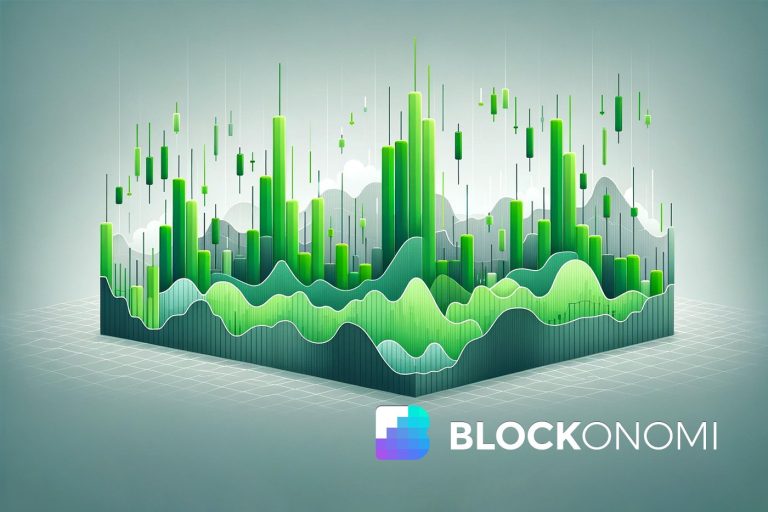
Introduction
The future of education is an exciting and rapidly evolving field. As we approach 2025, the landscape of learning is set to change dramatically. With advances in technology, changing societal needs, and new educational methodologies, we are on the brink of a new era in education. For insights on how technology is shaping this future, check out our post on Tech Innovations and Gadget Releases Analysis: The Future of Technology.
Section 1: The Rise of Technology in Education
Technology has become an integral part of the educational experience. From online classes to virtual reality (VR) learning environments, technology allows for a more interactive and engaging educational experience. By 2025, we can expect further integration of artificial intelligence (AI) and machine learning into classrooms, creating personalized learning experiences tailored to each student’s needs. This evolution mirrors the advancements discussed in The Evolution of E-commerce by 2025.
Section 2: Online Learning and Its Evolution
Online learning has gained immense popularity, especially in the wake of global events that pushed educational institutions to adapt. By 2025, hybrid models of education combining in-person and online learning will likely be standard. This evolution will provide greater flexibility for students and educators alike, allowing for more diverse learning environments. The importance of adaptability in this context is echoed in our article on Sustainable Living: Emerging Trends for 2025.
Section 3: The Importance of Lifelong Learning
As the job market continues to evolve, the concept of lifelong learning is becoming increasingly important. By 2025, educational institutions will likely focus on equipping students with the skills necessary for continuous development throughout their lives. This shift will emphasize critical thinking, adaptability, and creativity in addition to traditional academic knowledge.
Section 4: Global Collaboration and Access to Education
Education will become more globalized, with students from different countries collaborating on projects and sharing insights. By 2025, access to quality education will be expanded through initiatives aimed at removing barriers for underrepresented groups. This global perspective will enrich the educational experience and foster a sense of community among learners worldwide.
Conclusion
As we look toward 2025, the future of education holds immense potential. The integration of technology, online learning, lifelong learning, and global collaboration will redefine the educational landscape. Embracing these changes will be essential for educators, students, and institutions to thrive in a dynamic world.



